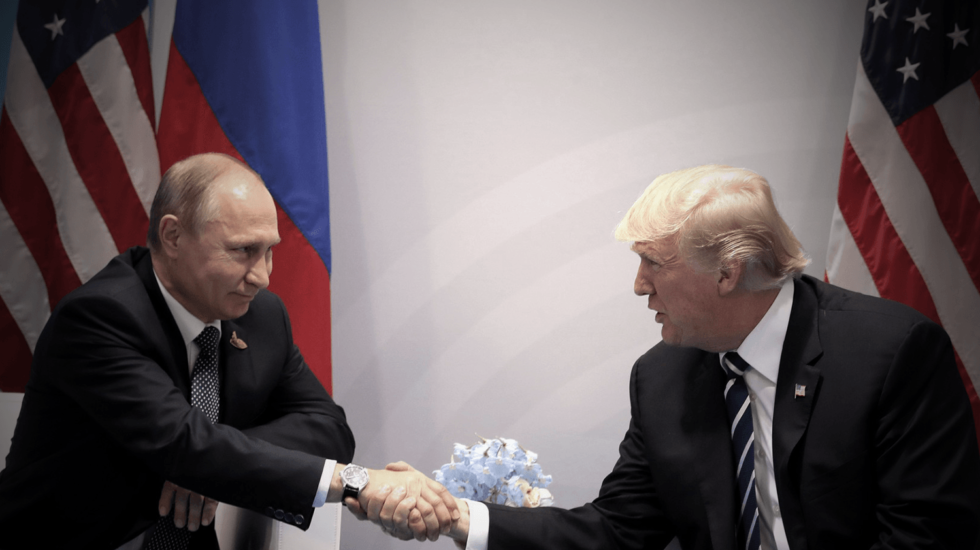The United States formally withdrew from the 1987 Inter-range Nuclear Force (INF) Treaty on Friday, a development that raises fears the U.S. and Russian will enter into another arms race. “Russia is solely responsible for the treaty’s demise,” Secretary of State Mike Pompeo declared in a statement.
From Axios:
“Both the Obama and Trump administrations have accused Russia of repeatedly violating the terms of the treaty, and neither country was able to ratchet down tensions during the six-month period after the U.S. announced its intention to withdraw [in February].”
The treaty had banned conventional and nuclear land-based missiles with a range of 310 to 3,410 miles. Now that the agreement is dead, the U.S is free to pursue the development of weapons that were previously prohibited. NBC reports that the Pentagon is already planning to test such a weapon in the nest few weeks.
Former U.S. Senator Sam Nunn and former U.S. Secretary of Energy Ernest J. Moniz wrote a piece for an upcoming issue of Foreign Affairs. It was previewed by Axios:
“Not since the 1962 Cuban missile crisis has the risk of a U.S.-Russian confrontation involving the use of nuclear weapons been as high as it is today. The United States and Russia are now in a state of strategic instability; an accident or mishap could set off a cataclysm.
“Yet unlike during the Cold War, both sides seem willfully blind to the peril.”
Advocates also fear that the exit from INF will lead to the death of the New START treaty, which placed limits on the number of long-range nuclear warheads and launchers.
From NBC:
“Pulling out of this treaty leaves New START as the only bilateral nuclear arms agreement between the U.S and Russia,” said physicist David Wright, co-director of the Global Security Program at the Union of Concerned Scientists. If President Donald “Trump pulls out of that treaty as well or allows it to lapse, it will be the first time since 1972 that the two countries will be operating without any mutual constraints on their nuclear forces.”
UN Secretary General Antonio Guterres told the BBC that “an invaluable brake on nuclear war” was being lost. “This will likely heighten, not reduce, the threat posed by ballistic missiles,” he said, imploring everyone to “seek agreement on a new common path for international arms control”.



